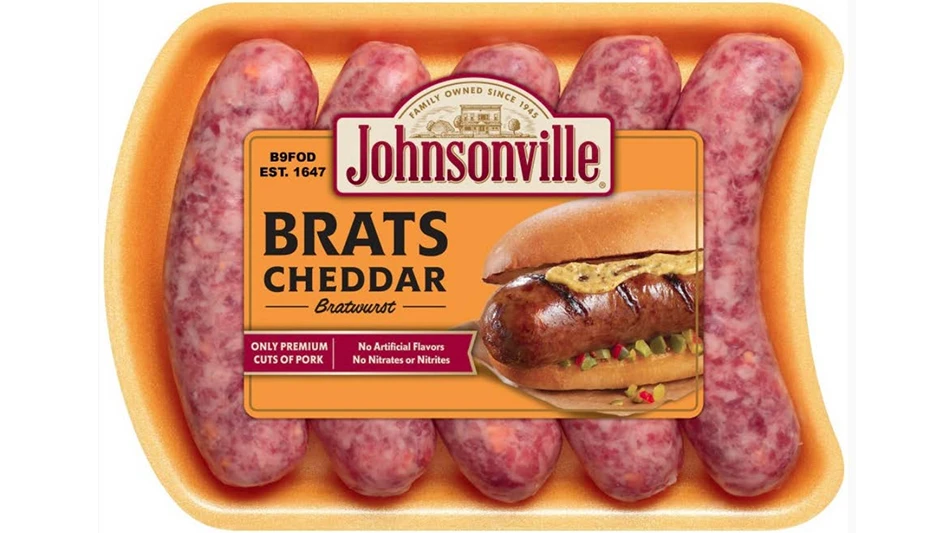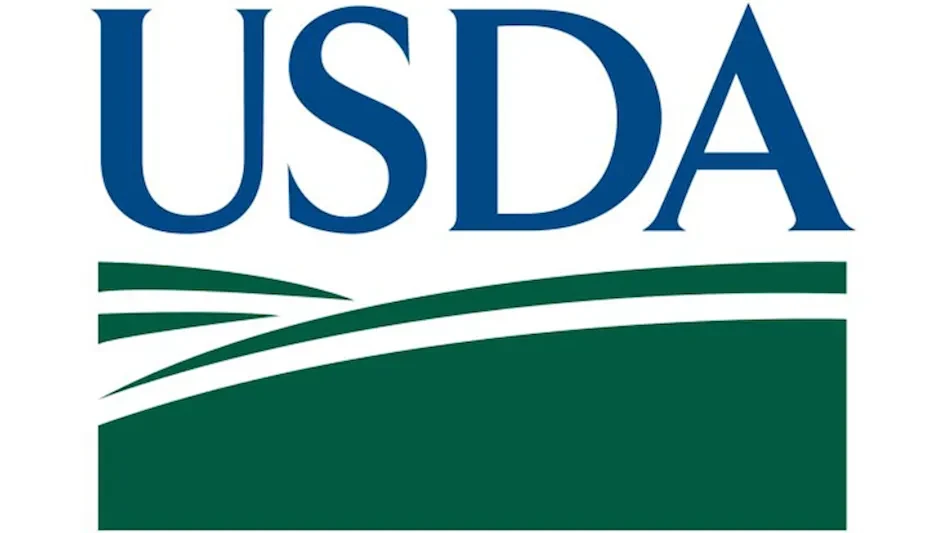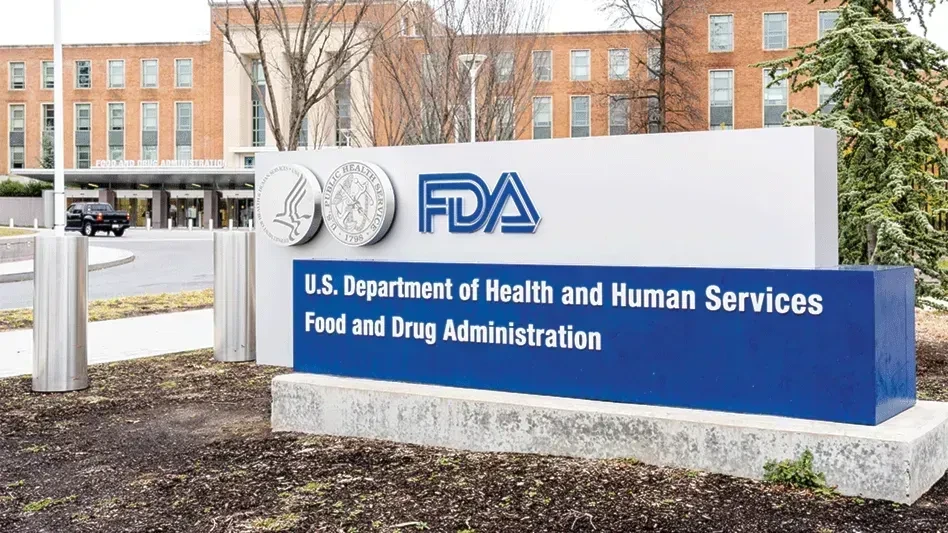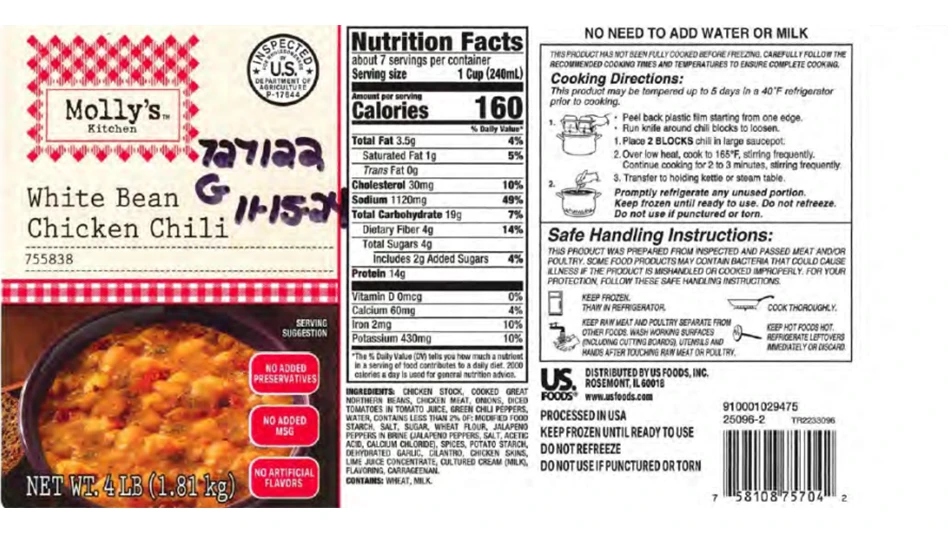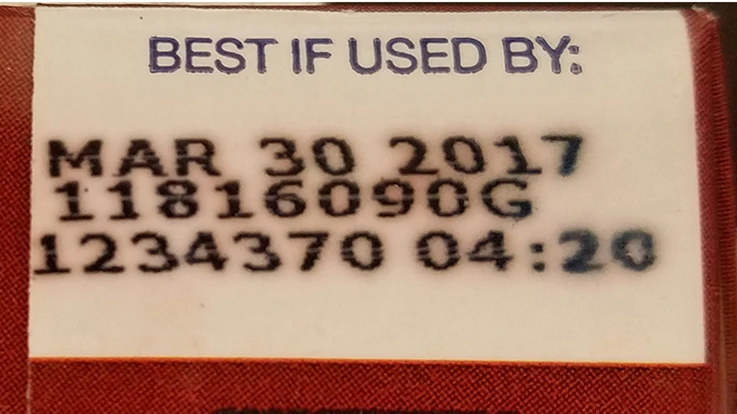
In a new industry-wide effort to reduce consumer confusion about product date labels, grocery manufacturers and retailers have joined together to adopt standard wording on packaging about the quality and safety of products. The current use of more than 10 different date labels on packages – such as Sell By, Use By, Expires On, Best Before, Better if Used By or Best By – can result in confused consumers discarding a safe or usable product after the date on the package.
The new voluntary initiative, led by the Food Marketing Institute (FMI) and the Grocery Manufacturers Association (GMA), streamlines the myriad date labels on consumer products packaging down to just two standard phrases:
- “BEST If Used By” describes product quality, where the product may not taste or perform as expected but is safe to use or consume.
- “USE By” applies to the few products that are highly perishable and/or have a food safety concern over time; these products should be consumed by the date listed on the package – and disposed of after that date.
Retailers and manufacturers are encouraged to immediately begin phasing in the common wording with widespread adoption urged by the summer of 2018. Broad industry adoption of this new voluntary standard will occur over time so companies have flexibility to make the changes in a way that ensures consistency across their product categories.
“Our product code dating initiative is the latest example of how retailers and manufacturers are stepping up to help consumers and to reduce food waste,” said GMA President and CEO Pamela Bailey.
“The shopper remains the most critical audience in our industry, and as the associations representing major food brands and retailers, we want to encourage a consistent vocabulary so that our customers clearly understand they are purchasing products that are of the highest quality and safety possible,” added FMI President and CEO Leslie Sarasin.
The announcement was praised by a range of companies and groups:
"Research shows that the multitude of date labels that appear on foods today are a source of confusion for many consumers," said Walmart Vice President of Food Safety & Health Frank Yiannas. "As advocates for the customer, we're delighted with this industry-wide, collaborative initiative that will provide consistency, simplify consumers' lives, and reduce food waste in homes across America."
“Eliminating confusion for consumers by using common product date wording is a win-win because it means more products will be used instead of thrown away in error,” added Jack Jeffers, vice president of quality at Dean Foods, which led GMA’s work on the issue. “It’s much better that these products stay in the kitchen – and out of landfills.”
Product date labeling changes may result in reduced consumer food waste, but clearing up this confusion is just one of several ways to combat the issue moving forward. About 44 percent of food waste sent to landfills comes from consumers, and statistics show that addressing consumer confusion around product date labeling could reduce total national food waste by just 8 percent.
The food industry has stepped up and made considerable progress in reducing food waste. GMA and FMI joined with the National Restaurant Association in 2011 to create the Food Waste Reduction Alliance, which is helping companies find ways to cut food waste. GMA member companies recycled 97 percent of food waste from operations and donated 156 million pounds of food to food banks in 2015. FMI member companies reported 1.5 billion pounds in diverted food waste, including 390 million pounds of food donated to food banks.
For more information, visit www.fmi.org or www.gmaonline.org.
Latest from Quality Assurance & Food Safety
- Taylor Farms Linked to Romaine E. coli Outbreak as Marler Clark Files Multiple Lawsuits Against Supplier
- IAFNS Announces Winners of Emerging Leader Awards for Food Safety, Nutrition
- FDA Shares Testing Results for PFAS in Bottled Water
- Provision Analytics Adds Food Safety Expert Jennifer Williams to Strategic Advisory Group
- Boston Sword & Tuna Protects Seafood Safety with Mettler-Toledo Metal Detectors
- IFT Releases New Resources to Aid Food and Beverage Industry in Sugar Reduction
- Yum! Brands CEO David Gibbs to Retire in 2026
- Penn State Extension Offers Short Course on Food Microbiology and Safety for Food Plant Workers
